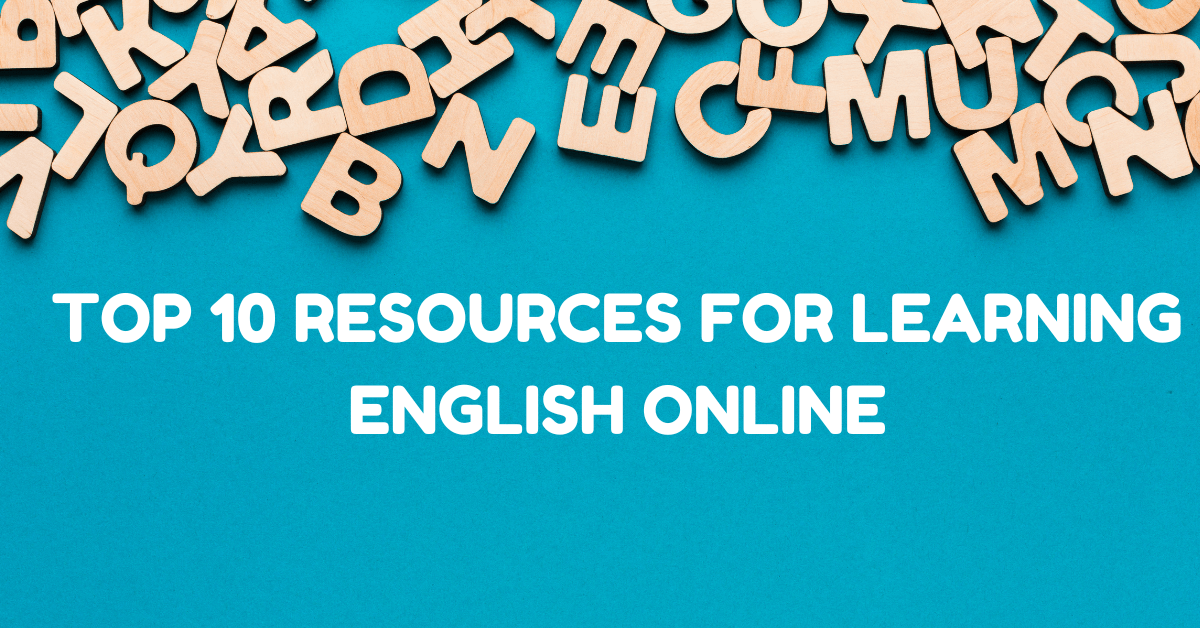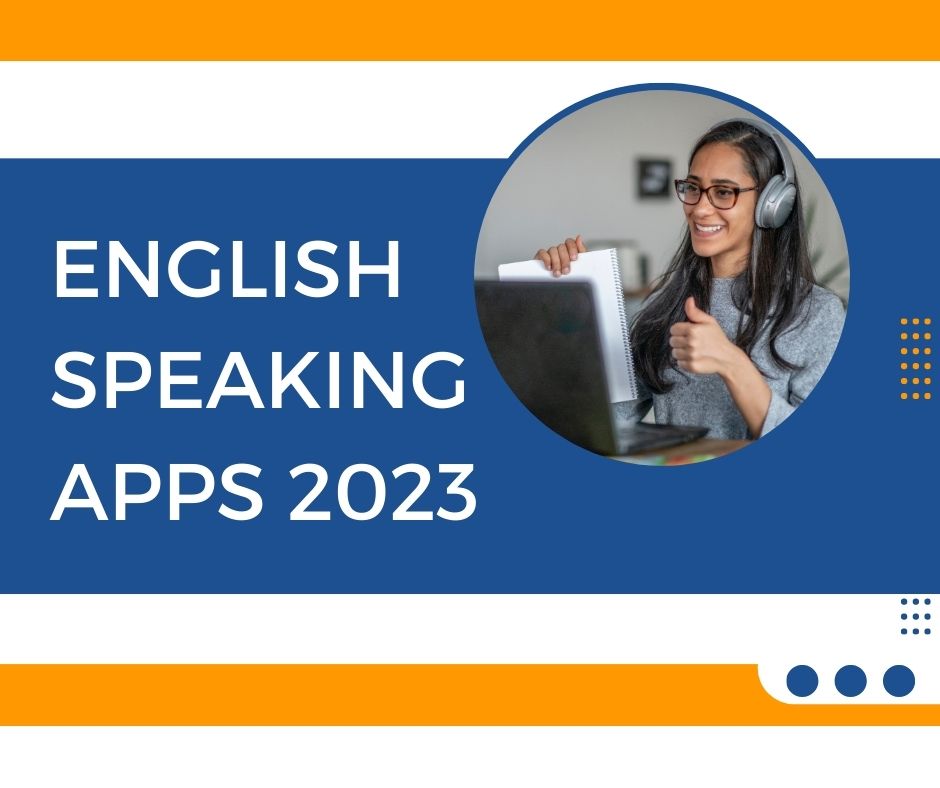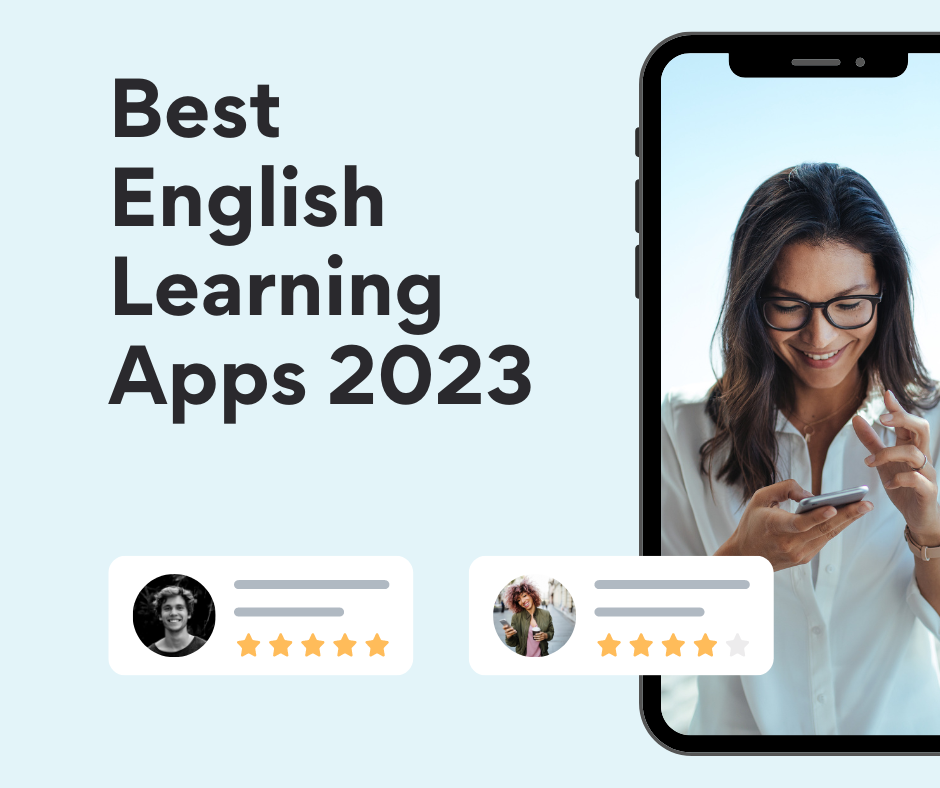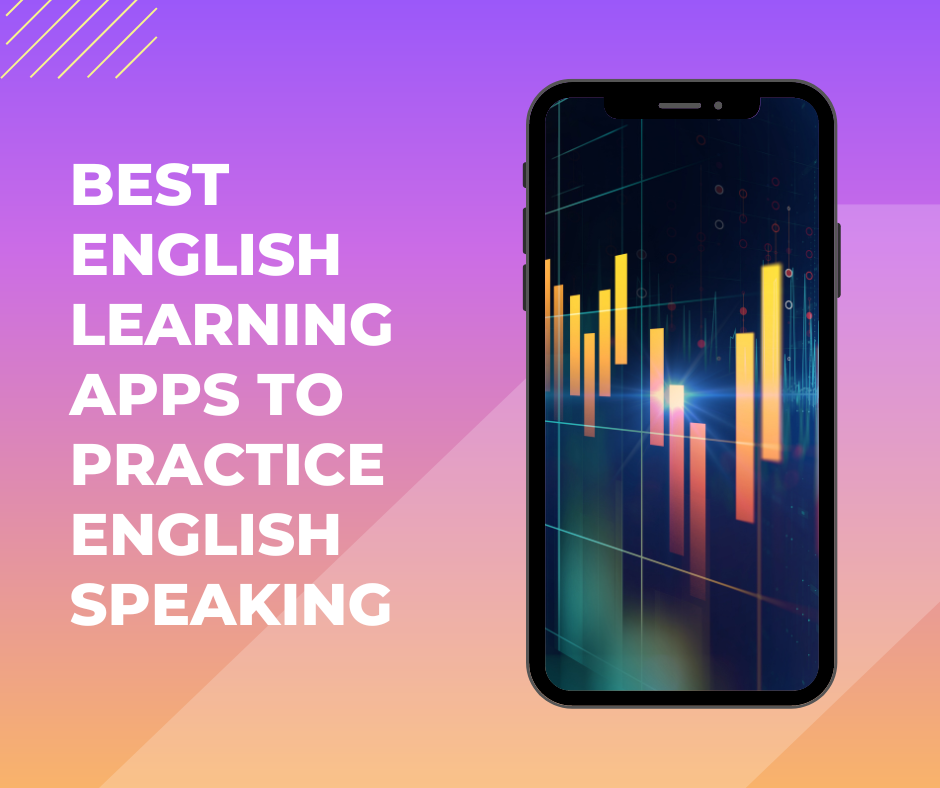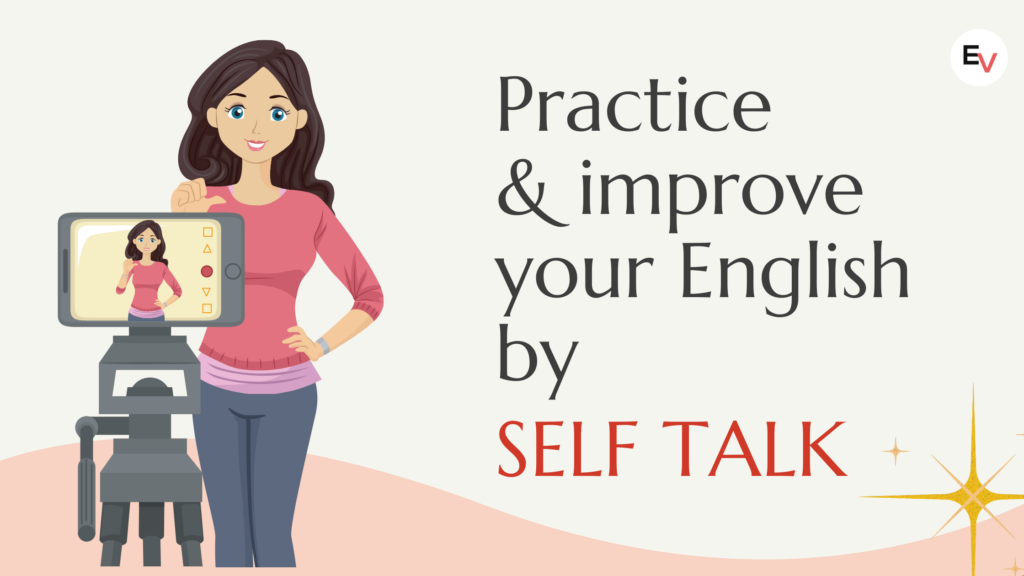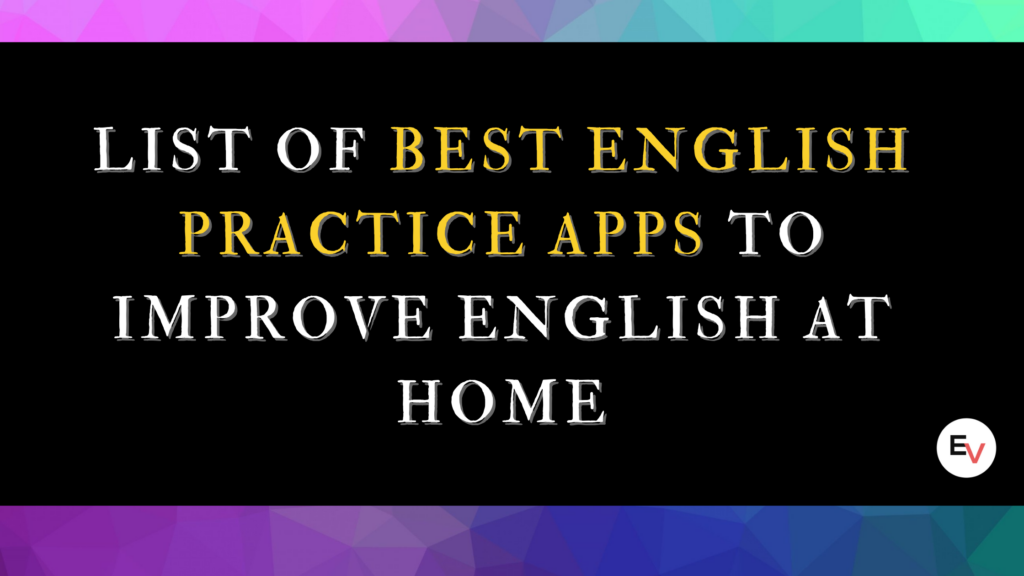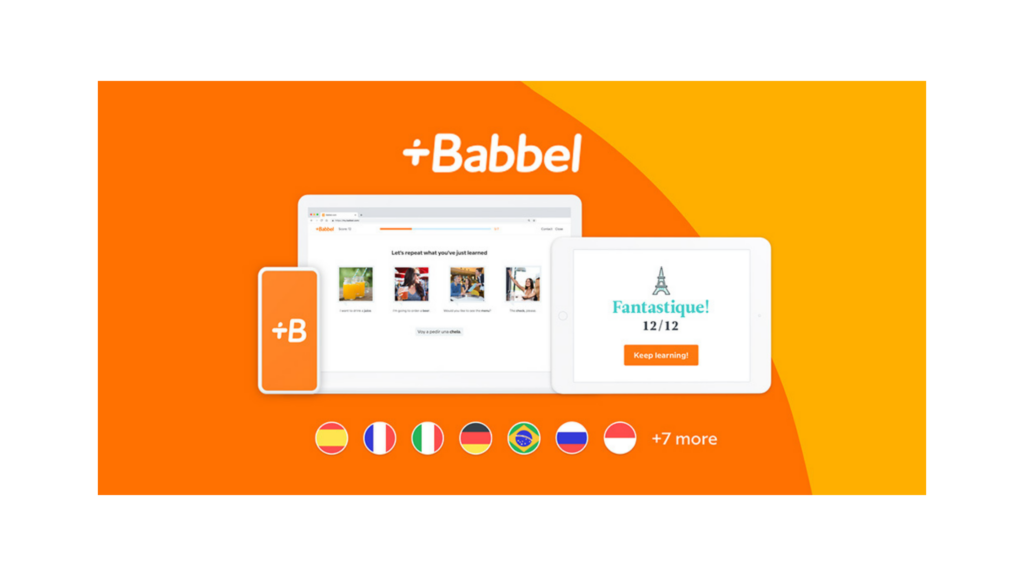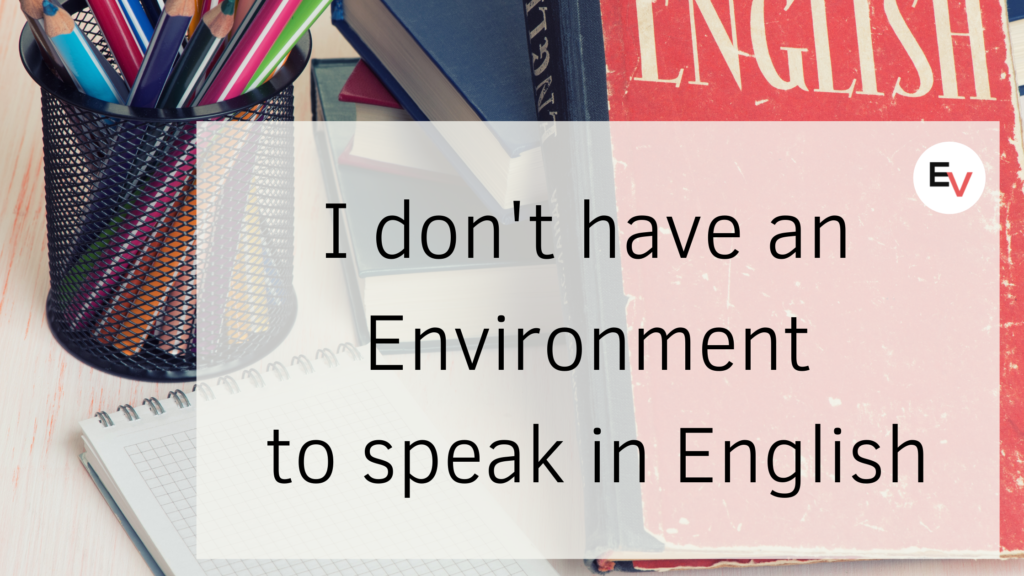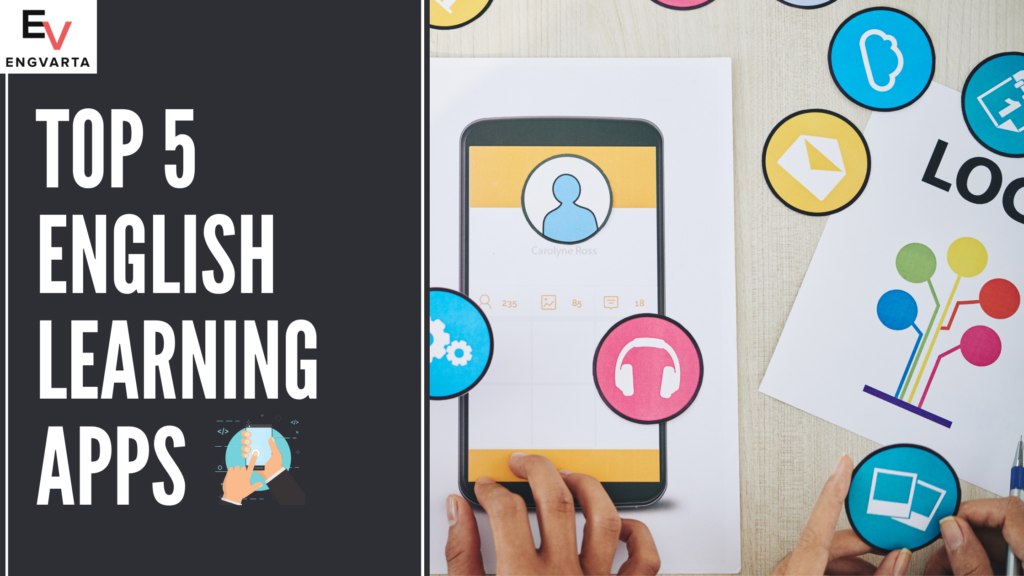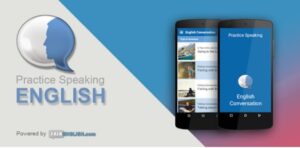Effective communication is vital in both personal and professional settings, and phone calls are a significant part of our daily interactions. Mastering phone call vocabulary and phrases can greatly enhance your confidence and clarity when talking on the phone. Whether you’re making a business call, setting up an appointment, or catching up with a friend, here are some essential phrases and tips to help you navigate phone calls with ease.
Introduction to Phone Call Etiquette
Before diving into specific phone call vocabulary and phrases, it’s important to understand some basic phone call etiquette:
- Greet politely: Always start with a friendly greeting.
- Identify yourself: State your name and, if necessary, your company or organization.
- Be clear and concise: Get to the point while being courteous.
- Listen actively: Pay attention to the other person and respond appropriately.
- End the call gracefully: Summarize key points and say goodbye politely.
Common Phone Call Vocabulary and Phrases
Starting the Call
- Making a Call:
- “Hello, this is [Your Name]. May I speak with [Recipient’s Name], please?”
- “Good morning/afternoon/evening, this is [Your Name] from [Your Company]. I’m calling regarding [reason for the call].”
- Receiving a Call:
- “Hello, [Your Name] speaking. How can I help you?”
- “Thank you for calling [Your Company]. This is [Your Name]. How may I assist you?”
Requesting Information or Action
- Asking for Someone:
- “Could I speak to [Recipient’s Name], please?”
- “Is [Recipient’s Name] available?”
- Leaving a Message:
- “Could you please take a message for [Recipient’s Name]?”
- “Please let [Recipient’s Name] know that I called and ask them to call me back.”
- Clarifying Information:
- “Could you please repeat that?”
- “I didn’t catch that. Could you say it again, please?”
Confirming and Arranging Details
- Confirming Information:
- “Let me confirm that. You said [details], correct?”
- “Just to be sure, your appointment is at [time] on [date], right?”
- Making Appointments:
- “I’d like to schedule an appointment with [Recipient’s Name].”
- “Is [time] on [date] convenient for you?”
- Agreeing to Arrangements:
- “That works for me. Thank you.”
- “I look forward to it. See you then.”
Handling Issues
- Expressing Concerns:
- “I’m afraid there’s a problem with [issue].”
- “I’m not happy with [issue]. Can you help resolve it?”
- Seeking Assistance:
- “Can you please help me with [problem]?”
- “I’m having trouble with [issue]. Could you assist me?”
Ending the Call
- Summarizing the Call:
- “To summarize, we’ve agreed on [details].”
- “Just to recap, you will [action].”
- Saying Goodbye:
- “Thank you for your time. Goodbye.”
- “Have a great day. Bye!”
For Commonly Used Telephone Phrasal Verbs in English you can check this blog https://engvarta.com/commonly-used-telephone-phrasal-verbs-in-english/
Advanced Tips for Phone Conversations
- Stay Positive: Always maintain a positive and friendly tone, even if the conversation is challenging.
- Take Notes: Write down important details during the call to avoid forgetting key points.
- Speak Clearly: Communicate your words clearly and avoid speaking too quickly.
- Be Patient: Allow the other person to speak without interrupting.
- Use Polite Language: Phrases like “please,” “thank you,” and “excuse me” go a long way in maintaining politeness.
Stay Connected with EngVarta
Enhance your English communication skills further by joining the EngVarta community! Follow us on social media for tips, resources, and engaging content to help you master English:
Download the EngVarta app from the Play Store and App Store and stay connected, stay motivated, and keep learning!
Conclusion
Mastering phone call vocabulary and phrases in English can significantly improve your communication skills. By using these phrases and tips, you can handle various phone conversations with confidence and professionalism. Remember, practice makes perfect, so don’t hesitate to use this phone call vocabulary in your daily interactions.



